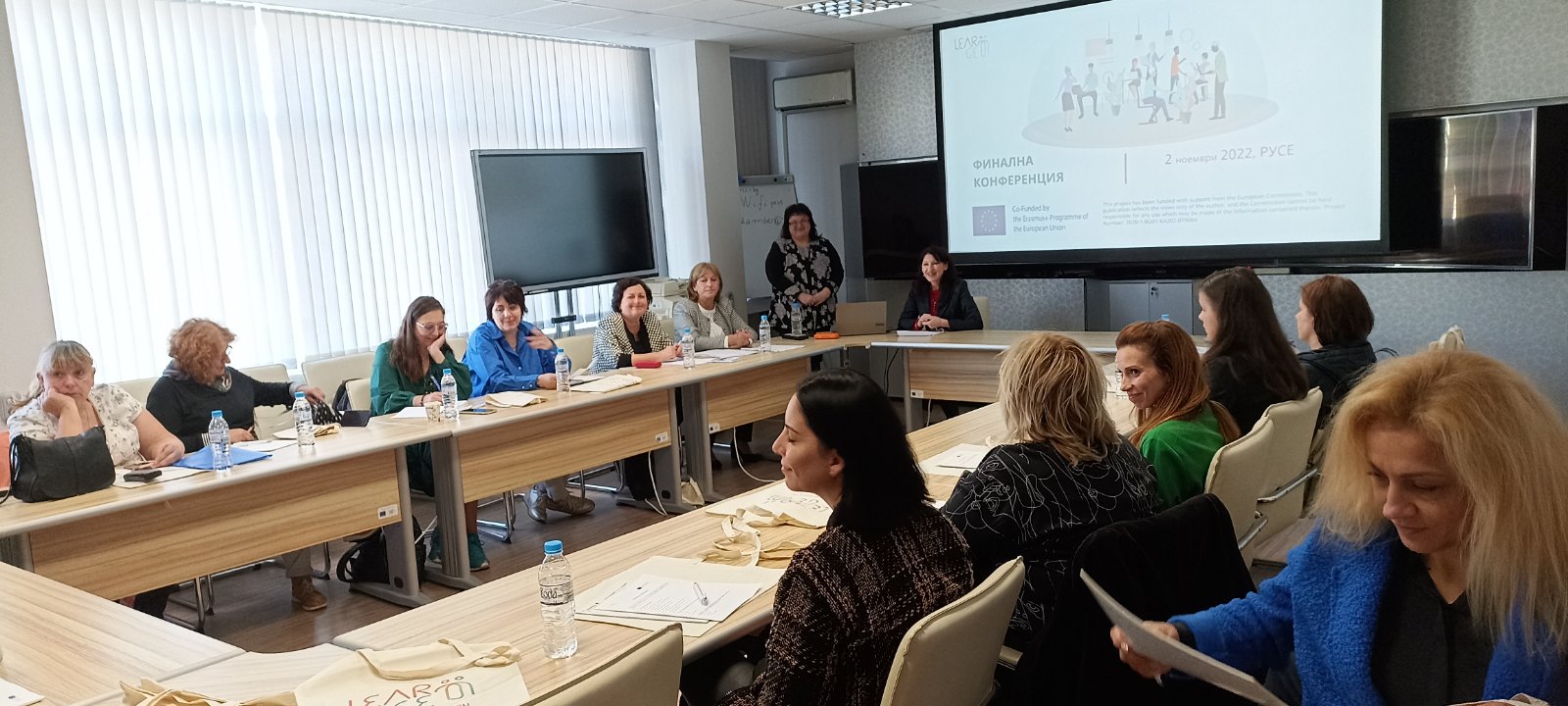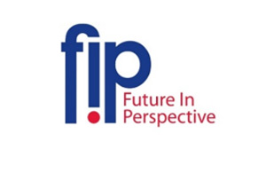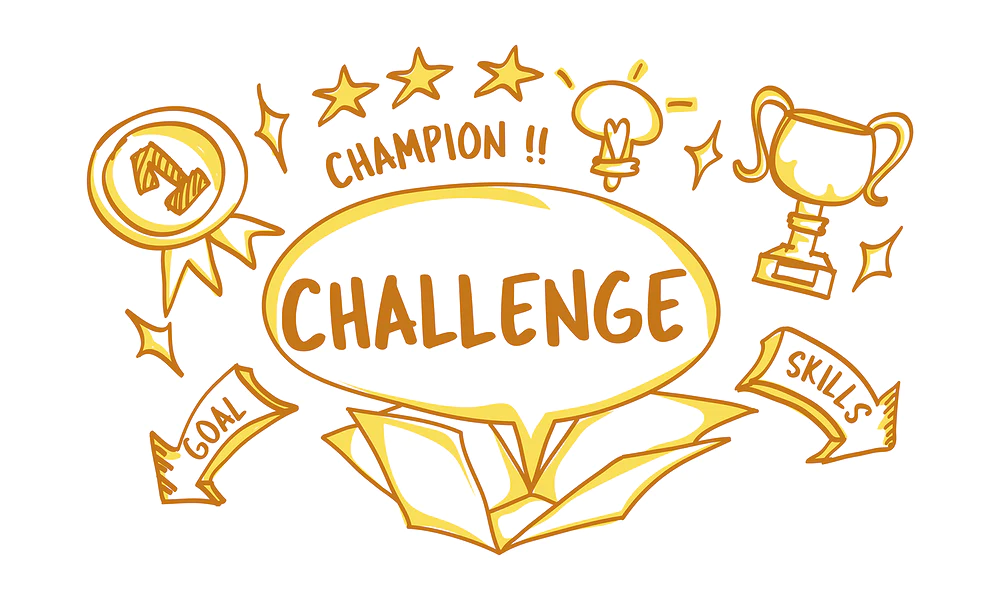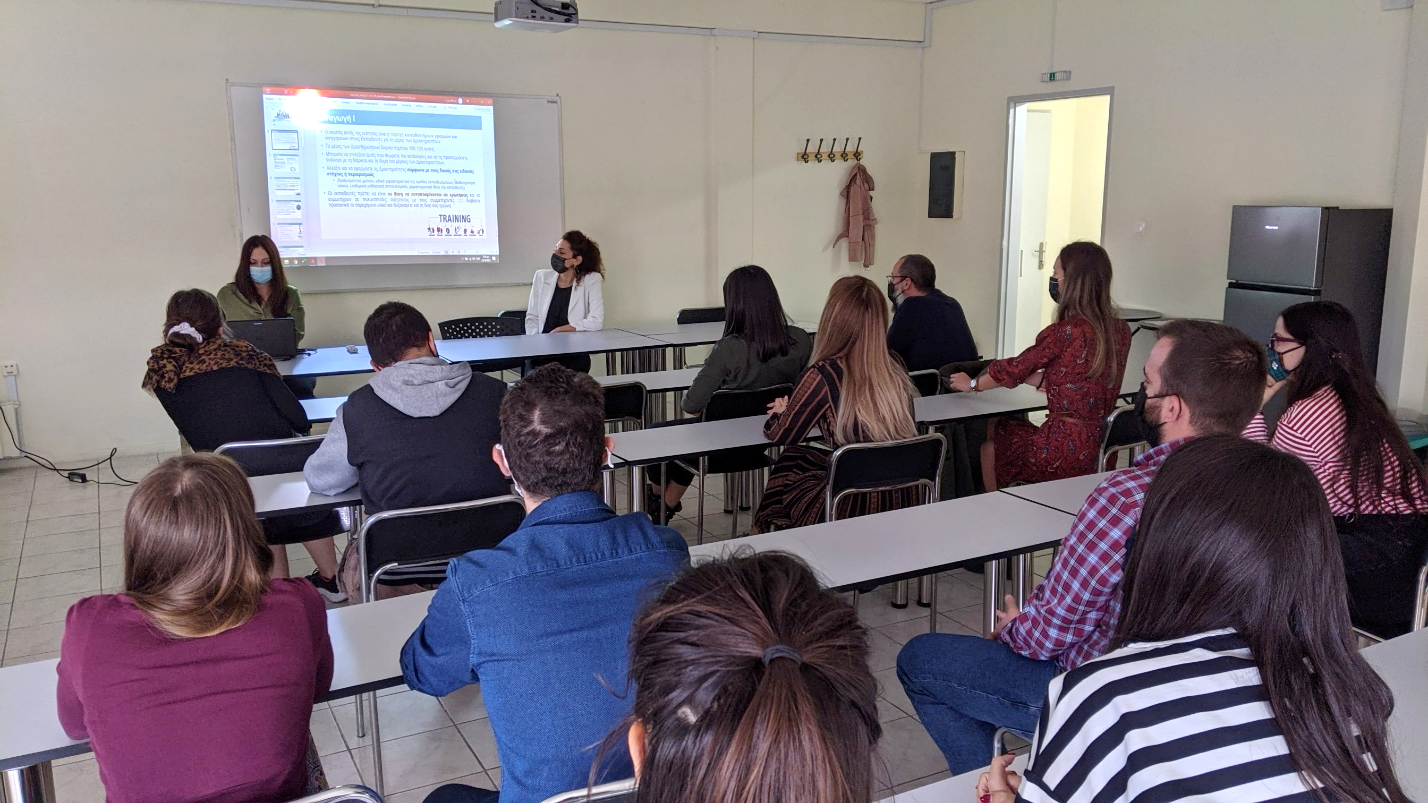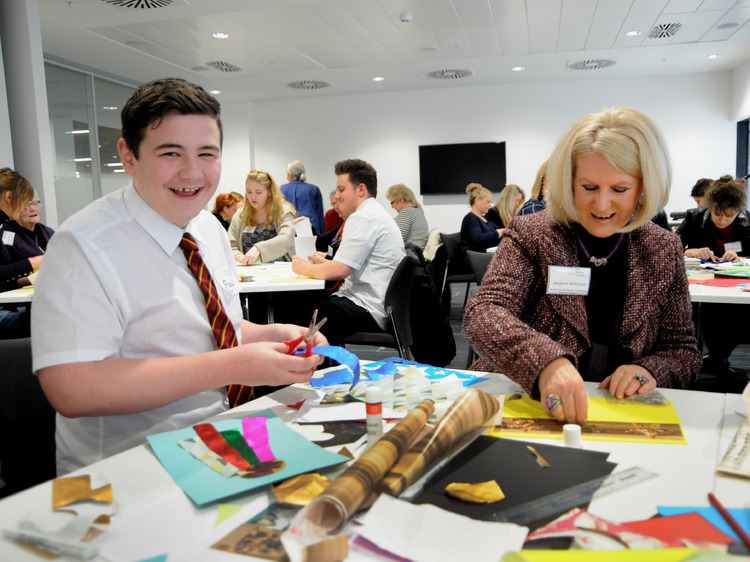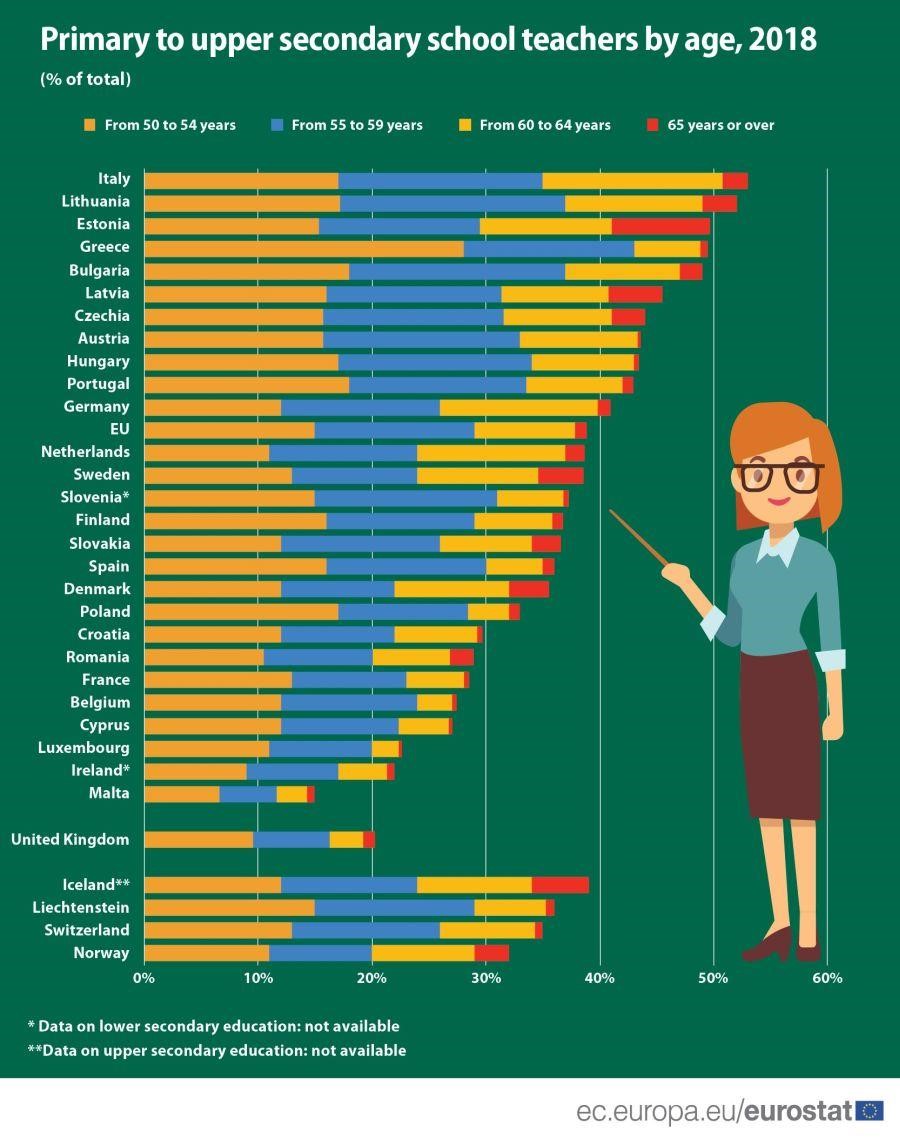Adopting an Intergenerational Approach.

Multiple research studies reviewed and illustrated the benefits intergeneration learning offers to the citizens, as well as the societies that incorporate such methods to strengthen the intensity of networks among people and to enhance shared values. However, there is a number of different principles and practices that is advised to be followed in order to increase the quality of such interventions.
- Mutual and Reciprocal Benefit: Most intergenerational learning programs focus on the positive outcomes for the older participants, yet, all participating generations should benefit in a similar manner.
- Culturally Grounded: The needs, context, and attitudes of cultures differ widely. An approach adopted in one area may not work or be relevant in different cultural settings. Therefore, understanding some cultural information first would make the intervention more targeted to the needs of the participating individuals and the society. To keep the intervention culturally grounded we may think of how the incorporated activities are aligned with local or national priorities.
- Challenge Ageism: Both young and old individuals are victims of ageism. Meeting each other means that they can explore who they really are and what they have to gain from each other as well as to discuss how ageism affects them. For developing a balanced intervention equal attention shall be paid to both older and younger generations
- Social Cohesion: It would be a good practice to also pay attention to the social cohesion of our participants. Participants from different backgrounds will bring diversified ideas!
- Clear structured goals: The participants need to be aware of the intervention’s goals in advance. The goals also need to be defined clearly, along with the purpose of any training or exercise along with the expected outcomes (i.e., how the skills learnt will be beneficial for the younger and older participants). Also, the learning outcomes should be SMART – specific, measurable, achievable, realistic and time limited – in order to be evaluated.
- Careful Planning of Activities and Evaluation: Some additional questions that need to be answered prior to the intervention are: Who are the learners and from which exact generations? What do we want the learners from each generation to achieve? What are the learning opportunities that will be provided? How will we evaluate it, based on experience or based on results?
The European Commission’s support for the production of this website does not constitute an endorsement of the contents, which reflect the views only of the authors, and the Commission cannot be held responsible for any use which may be made of the information contained therein.
Project Number: 2020-1-BG01-KA202-079064
Privacy Policy

